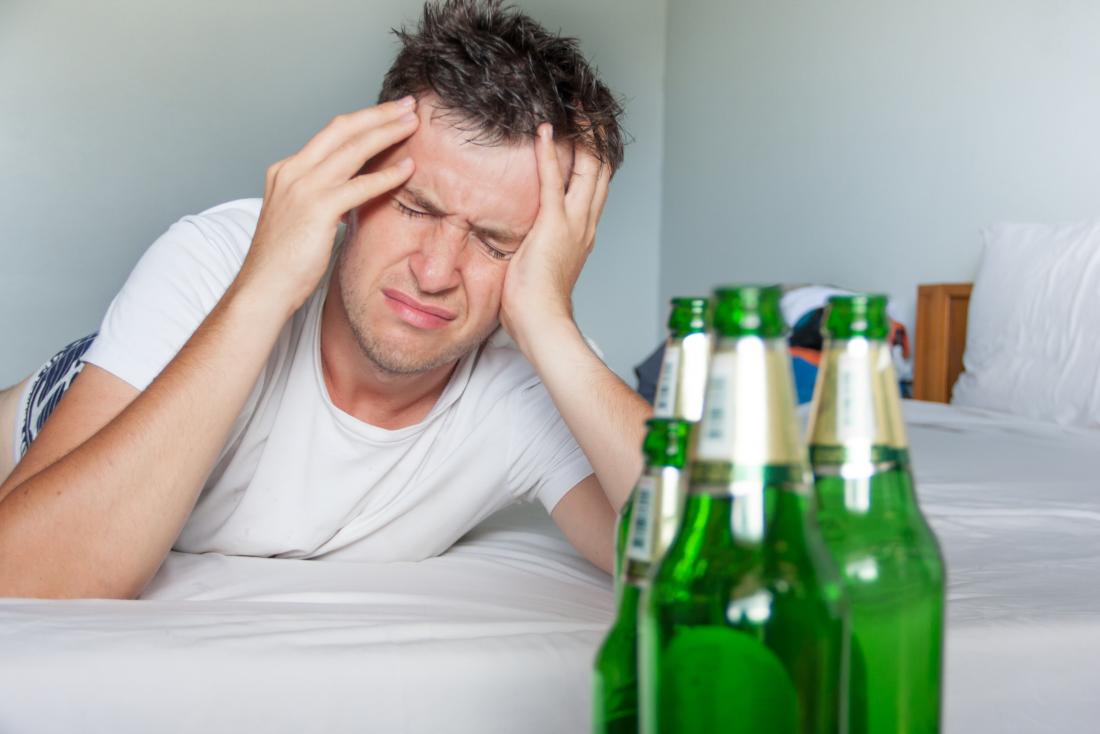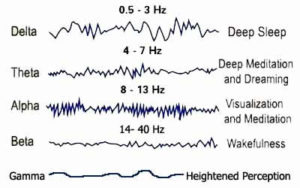
Passing Out With a Drink
Having a couple of drinks later in the day is common in most cultures, which is why drinking has become a form of relaxation in society.
People have a tendency to do this to their detriment, as it becomes easy to lose track of the amount of alcohol when socializing with friends and colleagues sometimes.
This can lead to poor sleep quality during bedtime, which is why we often wake up feeling groggy and irritable in the morning.
The argument that most would counter with this statement is that they’re able to drift into the soundest sleep with a drink right before bed and wake up feeling better than without one.
However, recent research shows that this isn’t nearly the case as that might have been thought of originally.
So, what is it about alcohol that might affect getting quality rest? What’s the limit on the amount of alcohol we should have in the nighttime?

How Alcohol Effects Your Sleep
Alcohol seems like the perfect sedative to wind the night down, since it’s classified as a depressant that would give you a very relaxed and lethargic feeling.
However, despite how simply drinking alcohol would seem to be to get rid of the stresses of the day and calm your anxieties, the only downside to drinking the alcohol would be to make it a daily habit.
Studies show that only chronic users of alcohol ended up with problems with their deep sleep phases known as REM, which brings that irritable feeling in the morning. The reason for this is because of the extra proteins that have to be secreted from the brain to help send signals for extra frequencies of sleep.

Protein effects these 5 sleep waves when you’re resting. These protein levels are influenced most by alcohol.
Alcohol also seems to effect the female gender much differently than males based on the ways that women process alcohol in their bodies. Women have a much greater likelihood that they’ll wake up early in the night with a case of insomnia than guys.
Insomnia, the condition of having trouble falling or staying asleep, occurs often with the use of alcohol in conjunction with sleep in the nighttime.
When you sleep in the nighttime the brain can send extra signals of the wrong kind of sleep wave because of the effects of the alcohol being broken down.
For this reason is why insomnia occurs more often in more people with higher of tolerances of alcohol than more lightweights. As the sedative effects start to wear off with more alcohol, the user would increase the amount of alcohol.
This causes the user to have lighter sleep and lower qualities of deeper sleep later on in the night. All reason to avoid drinking at night to fall asleep.
The Wrap Up
It would best to avoid drinking alcohol prior to going to bed as it will only temporarily make you lethargic before your brain will stimulated for wakefulness. Drinking leads to poorer quality of REM sleep, which means you never get the proper quality of rest needed to recover from the day. Do yourself a favor and search for healthier methods/habits of falling asleep and getting quality sleep at night.
